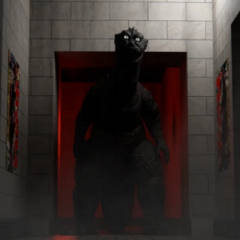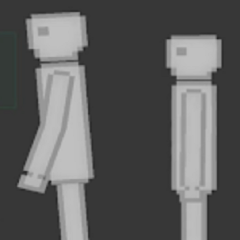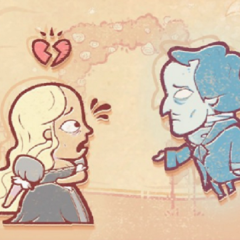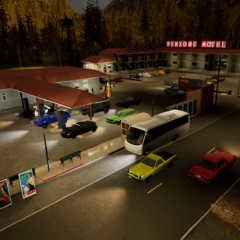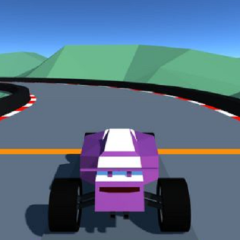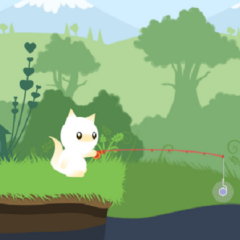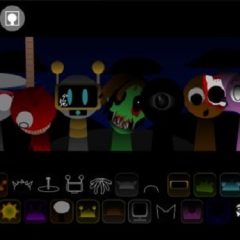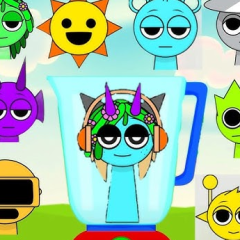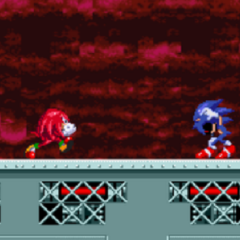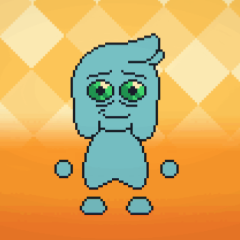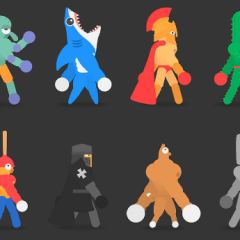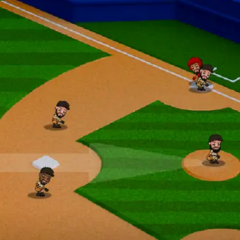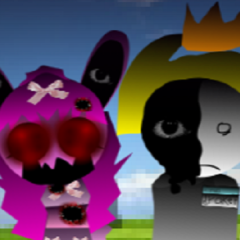Hold On is a first-person game centered around a simple but tense concept: holding a button to stay alive. The player is placed in a confined space with a single interactive element — a red button. Releasing it triggers consequences that vary depending on the level. The game’s mechanics are minimal, but the tension builds through timed events, unexpected distractions, and audio cues designed to disrupt focus. The challenge lies in resisting the urge to let go, even as the environment becomes more unstable.
Distractions and Mental Load
As the game progresses, new layers are added to test the player’s concentration. Alarms, flashing lights, moving walls, and misleading prompts begin to appear. Some levels introduce environmental hazards or emotional manipulation, such as recorded messages or unsettling visuals. These distractions are designed to confuse, and to push the player into reacting impulsively. The physical act of holding the button becomes mentally demanding, especially when combined with time limits or unpredictable changes in the room.
Timing, Endurance, and Outcomes
Each level is based on endurance and precision. Some require the player to hold the button for a fixed duration, while others shift the rules mid-play, forcing quick decisions. There are also moments when releasing the button is necessary — creating tension between instinct and instruction. Progress is tied to how well the player adapts to changing rules and maintains control. Hold On uses repetition, resistance, and psychological pressure to create a focused experience built entirely on one task that never stays the same.



